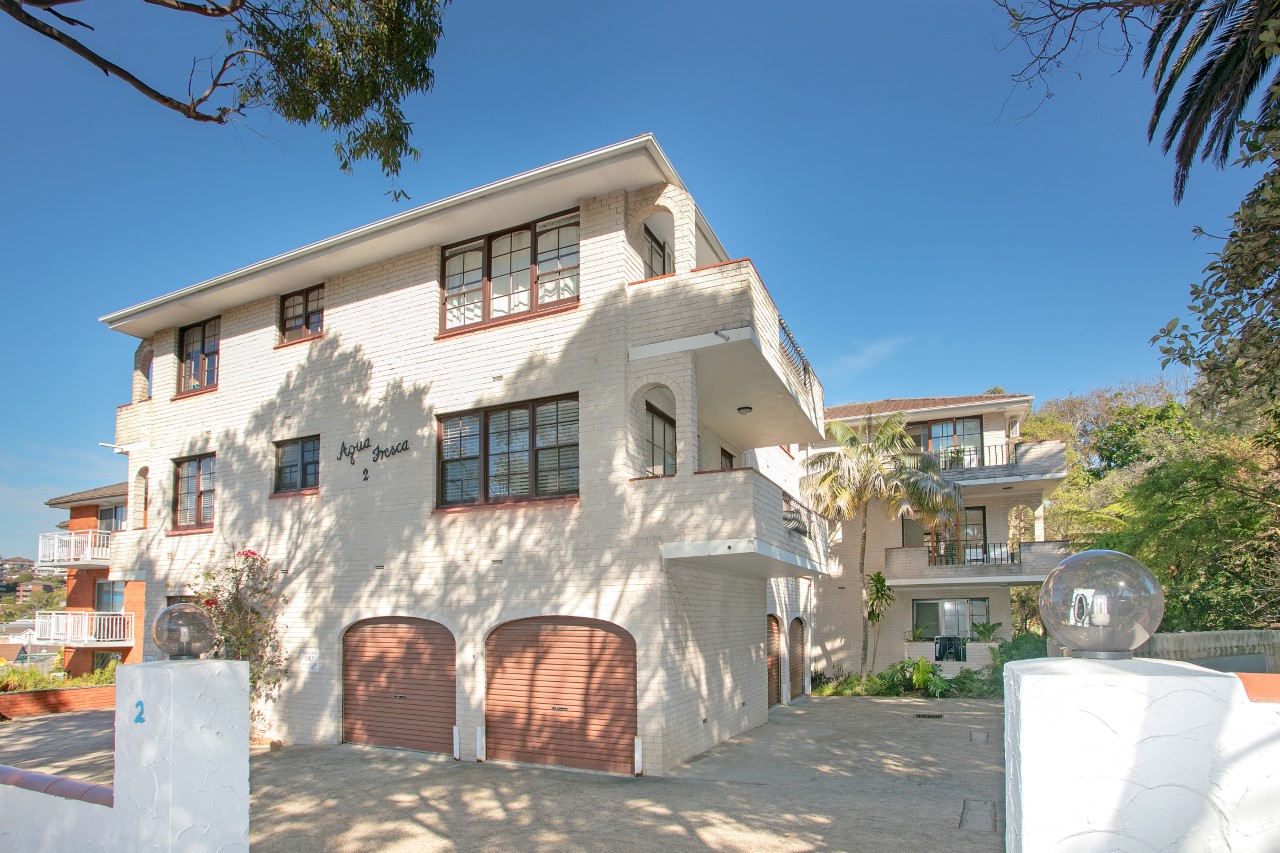Is your rental property compliant and competitive? 10 questions you need to ask.
As a landlord, it’s important that you know how to keep your rental property compliant with all relevant legislation. Managing your real estate investment for the best, secure, long term return will also give you better peace of mind.
So, here are 10 questions to get you thinking about how to keep your rental property compliant and competitive.
-
Is there a current lease agreement for your property?
Do you have a fixed term lease or expired (continuation) lease on your rental property? If you’re not sure or don’t know the difference, here’s a quick run down for you:
Fixed term: If a tenant wants to leave, there are requirements in place to ensure you don’t find yourself out of pocket. Tenants must give 14 days to vacate, up to and including, the last day of the fixed term. Landlords must give 30 days notice for a tenant to vacate.
Expired Lease: After the current lease agreement expires, your tenant is no longer locked into a lease term. A Landlord must give a minimum of 90 days notice to vacate without grounds. Tenants must give 21 days notice to vacate. How much rent you charge can be changed at any point during an expired lease with at least 60 days of notice.
-
Is it time for a Rent Review?
When was the last time your rent was reviewed? It’s important to know what’s happening right now in your local rental market. That way you can make an informed decision about a rental increase. A good time to discuss a rent review is before you negotiate a new lease. Whilst you want to remain competitive within the rental market, you also need to maintain a healthy return on your investment.
-
Do you really need Landlord Insurance?
Many Landlords make the assumption that nothing will ever happen to their rental property. But even the most well-meaning tenants can default on their rent or damage your property. It’s incredibly important that you cover yourself for these risks with Landlord Insurance. This will protect both your property and your income. Head online and use one of many insurance comparison websites to find the best policy for you and your property. After all, your property can’t remain competitive if it’s not adequately maintained.
-
Have you made friends with Tax Depreciation yet?
Are you taking advantage of all the depreciable items you can? Legislation governed by the ATO allows Landlords to claim a tax deduction for the wear and tear on their property. Tax depreciation experts, such as BMT, can help put more money in your pocket.
-
Is your Swimming Pool or Spa compliant?
If your property includes a swimming pool or spa, when you enter into a residential tenancy agreement you must provide the tenant with a copy of the valid certificate of compliance or occupation certificate. You can check to see if a certificate has been issued on the NSW Government’s Swimming Pool Register.
-
Are smoke alarms installed in your property?
As a Landlord, it’s your responsibility to supply and install the smoke alarms in a tenanted property. A new battery must be supplied for each smoke alarm at the start of each new tenancy. During the tenancy, tenants are responsible for replacing the batteries in any battery-operated smoke detectors. Hard-wired smoke alarm back-up batteries need to be replaced by the Landlord. Visit Fire NSW to find out more about staying safe and compliant.
-
Have you fitted window locks?
In NSW, windows must be fitted with devices that lock the window to prevent them from opening any wider than 12.5cm. This applies to all windows that are two metres above the ground and within 1.7 metres inside. Head to Fair Trading NSW to find out more about how to stay compliant.
-
Has your house had a recent Pest and Building Inspection?
This is a good way to show that your house is fit to live in and ready to rent. A pest and building inspection is a good way to ensure that you are aware of any structural or drainage problems, or any pest infestations. This means your property can be kept in good condition and free from unwanted pests. It also means you remain competitive, by demonstrating due diligence to tenants on the property hunt.
-
Is your property Water Smart?
So that you can accurately charge your tenants for water usage, your property needs to be individually metered. It also needs to meet water efficiency standards. In order to be compliant, internal cold water taps, single mixer taps for kitchen sinks, bathroom hand basins and shower heads should have a maximum flow rate of nine litres per minute and be leak-free.
-
Are you planning to sell your rental property?
If you plan to sell your investment property and your tenant is in the lease period, then the property needs to be sold with the existing tenant in place. The selling agent needs to give the tenant 14 days notice of the intention to sell. The tenant can vacate the property any time during and after the sale of the property. If your tenant is in an
expired lease, the 90-day notice period still applies. A tenanted property can be more competitive in the investment property market, especially for buyers looking for a ‘ready to go’ income opportunity.
So, take a moment to think about the 10 questions above. It might seem a lot, but if you’re willing to invest in your investment, the chances are that you’ll see it grow.
At Schwarz, our team of Property Managers are constantly on the ball with all the legislation and guidelines relevant to you and your investment property. Part of our ongoing commitment is that we know what you need to know. So, don’t hesitate to get in touch with your real estate investment questions!


